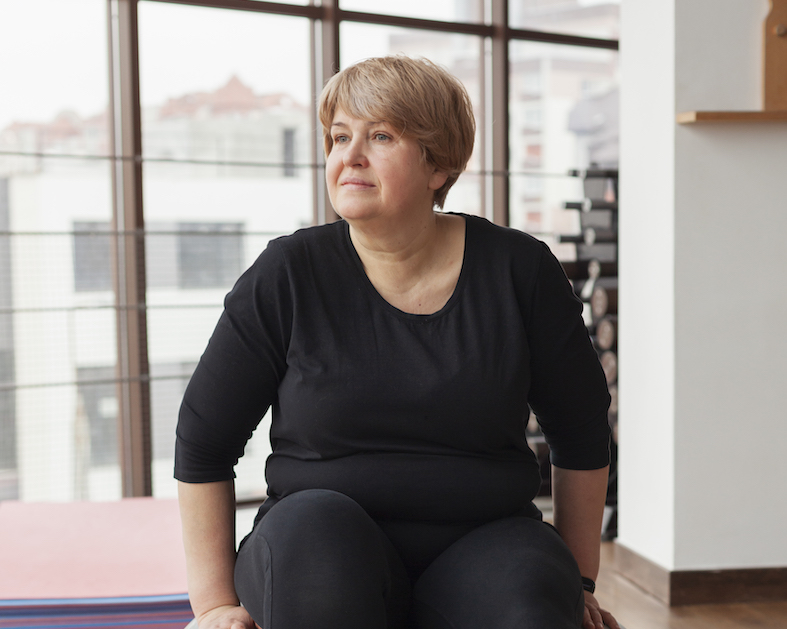How to Reflect at the End of the Year
2020 is nearly in the books, and for many of us, it’ll be the end of a testing year.
The end of any year is normally a time to look back, enjoy the present and plan for the future. In this article, we’re taking a deeper look at how you can reflect on a year.
Why Should I Reflect at the End of the Year?
Reflection is a powerful experience. It’s an ideal way to identify strengths and weaknesses, consolidate learning and growth, and identify the actions that need to be taken in the future.
The end of the year is particularly good time for reflection. You’ve probably got some time off, you’ve hopefully got some headspace, and the changing of the calendar provides an ideal timeframe to look back on your trials and triumphs.
Even with the downtime over the holidays to reflect on the year that was, self-reflection can be a humbling or even uncomfortable experience.Nonetheless, it’s one that is essential for personal and professional growth.
With the right questions and the right mindset, you can walk away from the holidays with a new lease on live. Writing your reflections down is also a valuable part of the process.
Great Questions for Year-End Reflections
There are a handful of powerful questions to ask yourself at the end of the year.
What did I enjoy this year? What were my favourite memories?
Get started with your reflections by focusing on the positives. These moments can be as grand or as granular as you like!
What did I achieve this year?
Thinking about your accomplishments will focus your mind on your abilities to get things done. These achievements might be in your personal or professional life.
What did I learn this year?
The answers to this question might be obvious, like completing a course, a project or a qualification. But often the skills that you’ve learned might be hidden. Think deeper: why were you successful in a particular area of your life?
Alternatively, your learnings might lie in your failures or missed opportunities. Don’t be too harsh on yourself, but perhaps you’ve reached a key realisation that will reshape your life for better in the future.
What did I learn about myself?
This question comes to the core of your values, principles, standards and beliefs. The answers might shed light on your motivations, your sensitivities or your vices. The answers will help you better understand your choices, and to shape your life in the future.
What roles do I play in my life?
There are many and varied roles to play in life and they vary incredibly between individuals. As a prompt, consider the possible roles as a son/daughter, father/mother, friend, partner, provider, caregiver, working professional, artist, sportsperson… the list is long and varied.
The roles you play will change over your life. Some will emerge, others will fade. What roles were important to you this year? How much did you fulfil those roles? And which roles will be important next year?
Where am I going to focus next year?
This is a critical question. Focus becomes important at this stage of reflection, as we shift from the past and begin to look at the future. It is very difficult to make progress in many areas and there is a high likelihood you will feel overwhelmed if you choose too many.
What specific changes will I make next year?
Before attempting this question, its important to reflect on your attitudes toward New Year’s Resolutions. For some, simply identifying a broad direction will help them make decisions in the future without imposing an onerous list of actions. And for others, it’s essential that they lock onto a handful of tangible actions that they can monitor in the coming year.
For you, how will you focus your mind in the coming year? If you need to, which are the handful of actions that you should pursue to live a better life?




